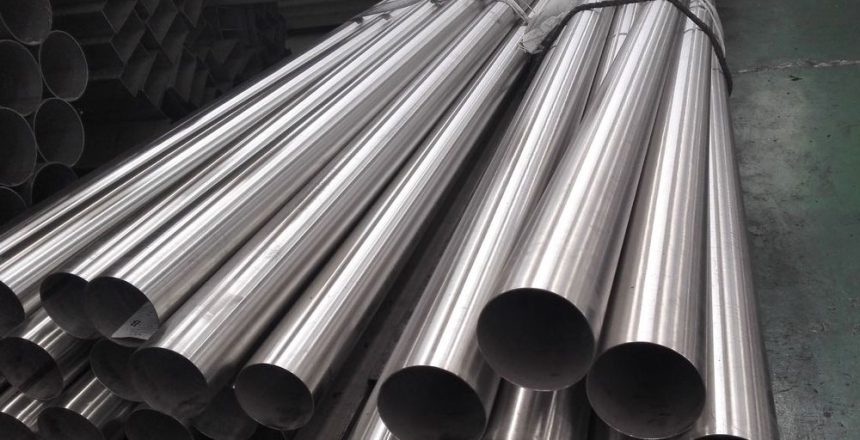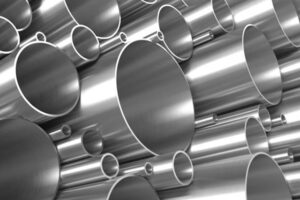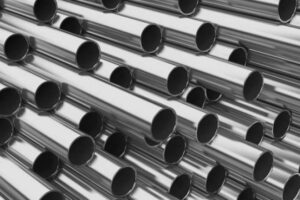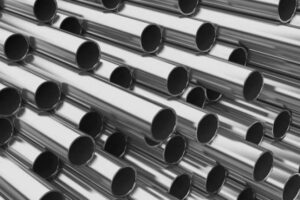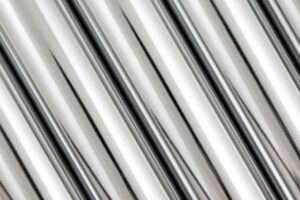Inconel® Alloy 601 (UNS N06601) Nickel-Chromium-Iron alloy is a general-purpose engineering material for applications that require resistance to heat and corrosion. The outstanding characteristic of Alloy 601 is its resistance to high-temperature oxidation. The alloy also has good resistance to aqueous corrosion, has high mechanical strength, and is readily formed, machined, and welded.
The composition is a face-centered-cubic solid solution with a high degree of metallurgical stability. The alloy’s nickel base, in conjunction with a substantial chromium content, provides resistance to many corrosive media and high-temperature environments. Oxidation resistance is further enhanced by the aluminum content.
Inconel® 601 Nickel-Chromium-Iron Alloy
The properties of Alloy 601 make it a material of broad utility in such fields as thermal processing, chemical processing, pollution control, aerospace, and power generation.
In industrial furnaces, The alloy is used for radiant tubes, muffles, retorts, flame shields, strand-annealing tubes, woven-wire conveyor belts, chain curtains, burner nozzles, and electrical resistance heating elements.
Chemical processing applications for Alloy 601 include process heaters, condenser tubes in sour water strippers, and insulating cans in ammonia reformers, The alloy is also used for combustor components and catalyst grid supports in equipment for nitric acid production.
In petrochemical processing, The alloy is used for catalyst regenerators and air preheaters in the manufacture of high-density polyethylene.
In power generation, Alloy 601 is used for superheater tube supports, grid barriers, and ash-handling systems.
Alloy 601 has good mechanical strength. The optimum condition for Alloy 601 depends on the type of application and the service temperature involved. In general, the solution-treated condition is used for rupture-limited applications (temperatures of about 1000°F (540°C) and higher). The annealed condition is normally used for tensile-limited applications (temperatures below about 1000°F (540°C)).
Alloy 601 has good creep and rupture strength, and The alloy is widely used for equipment that must withstand extended exposure to high temperatures. Alloy’s usefulness for such applications is increased by its resistance to oxidation and other forms of high-temperature corrosion.

